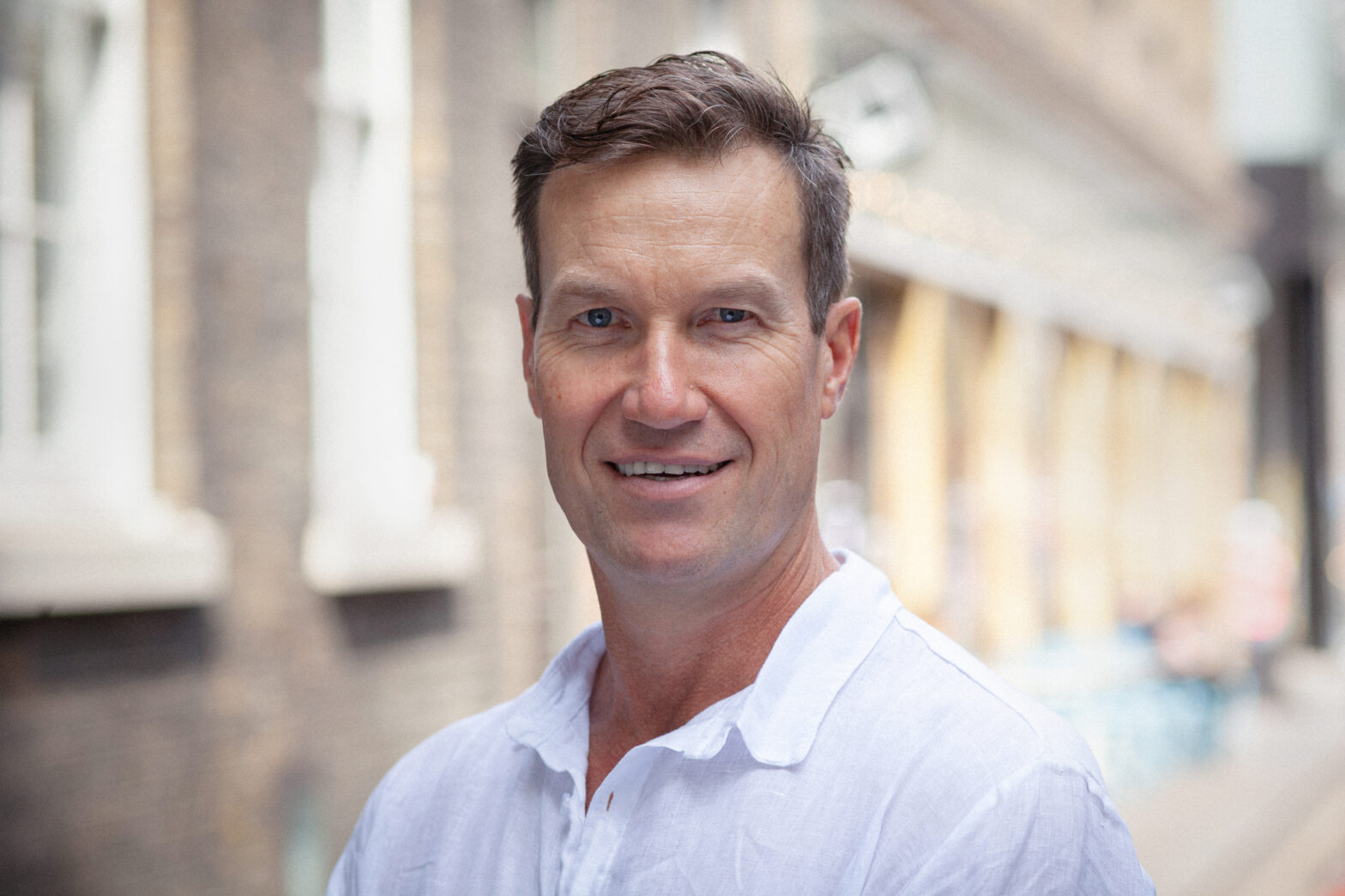EXCLUSIVE: VC firm Conviction is to invest in up to six seed-stage B2B SaaS start-ups in 2023, according to its co-founder.
“Through our fund programme, I suspect we’ll be doing between four and six investments – with the bottom end investment size being £250,000 to £1m or £2m,” its co-founder Andrew Jenkins told Growth Business.
The London-based VC, which is backed by ultra-high net worth individuals and family offices, has invested more than $100m since its inception in 2017, backing more than 20 post-revenue B2B SaaS companies.
A multi-stage investor, Conviction supports seed-stage software companies with follow-on capital through to exit and is willing to stick with its start-ups for a longer period – in some cases up to 15 years – feeding capital to them every 12 to 18 months.
‘I sold everything I had. Apartment, boat, car, bicycle. I went all in.’
Andrew Jenkins, co-founder of Conviction
The lead-up to the creation of the VC and this long-term investing approach stems from a miraculous bet by Jenkins over 20 years ago.
In 2001, fresh from the Cayman Islands where he was busy looking after the “stay rich money” of high-net worth individuals and family offices, he found himself in London looking for deals.
“I came across a disruptive tech company that really excited me,” the native South African says. “And so, for the first time, I decided to invest my own money.
“I sold everything I had. Apartment, boat, car, bicycle. I went all in.”
It was a small start-up called Mimecast offering cybersecurity for email. Jenkins became effectively employee number seven. He returned to his group in the Cayman Islands and together they funded the company for the first five years.
“Sadly, Mimecast’s requirement for capital outgrew me, but during those first years we were doing just-in-time capital or milestone-based investing where we gave enough for 18 months’ runway.”
Mimecast was listed on NASDAQ in 2015 and acquired by Permira for $5.8bn (£4.8bn) in 2022. “When I first invested, I valued them at $5m,” he says. “Our group exited at almost a thousand times our investment.
“I was really lucky. My big investment – my conviction – paid off.”
That informal syndicate officially became Conviction in 2017 and the VC has grown to consist of more than one hundred investors from around the world.
“Doing a deep dive of that success story, SaaS was what I and the network learnt and that’s what we’ve decided to focus on,” Jenkins says.
“I love the disruptive nature of SaaS and it’s still in its infancy.”
Its portfolio now includes CreativeX, a creative data platform for marketers which came through the Conviction programme, and the now-exited Adepto, which gives companies a single list view of all talent available to them.
“Venture has always been my passion… the fact this has come out from a syndicate that has been fortunate with a number of transactions has kept us honest.
“I’m still quite an informal person. I like to go for a beer or a walk with founders,” he says, and who can blame him with Soho Square Gardens being on the VC’s Georgian townhouse doorstep.
It’s a quiet, leafy spot tucked away from the busy streets of Oxford Circus around the corner. Conviction’s offices sit on the square’s perimeter and inside you are greeted by bright, contemporary furnishings and neon signage.
The success in sourcing a hidden gem like Mimecast at the start of a high growth journey is one thing, though. How do you ensure, as a VC, you get picked?
“Being able to say that with this network we can do secondaries; that we can take a 15-year view,” Jenkins says. “We invested in Mimecast in 2006 and exited in 2022. They’re subtle differences but founders love that. [The fact that] this crowd can take us through the journey.
“Founders hate capital raising because they’re not focusing on their business or sales. They finally complete this exercise, and they know that in two years’ time they probably have to do it again.
“They take a big as a bite as possible, and two or three years’ later a lot of them go back to that same fund to find it isn’t finished and they have to start the whole show again. I can understand why they hate that.
“I’ve always said, if you get your numbers, we can fund you for an extensive part of this journey.”
What Conviction looks for in founders:
Truly hungry: “Courageous, visionary, will savour the journey and does not want to flip a business after two or three years. The most nervous meeting is straight after investment in a company and you open the bonnet. That strength of character and passion for the journey.”
Do they take everything they do to a high level: “[It could be that] you play a sport at county level. Have a scholarship. Whatever they do, they apply themselves to it. A lot of companies hire Olympic athletes even though they haven’t got the classical training or background but they do have that desire to win.”
An ability to form a working friendship: “You can be working with this individual for ten-plus years. That’s longer than marriages can last. How are disagreements going to be resolved? As an individual I place about 50 to 60 per cent on the individual. If they are a good person, have good technology and the numbers, then the planets align.”
Second-time founders: “They’ve learnt so much from the first journey, it doesn’t matter if it wasn’t spectacular. They get up to speed so much quicker.”






